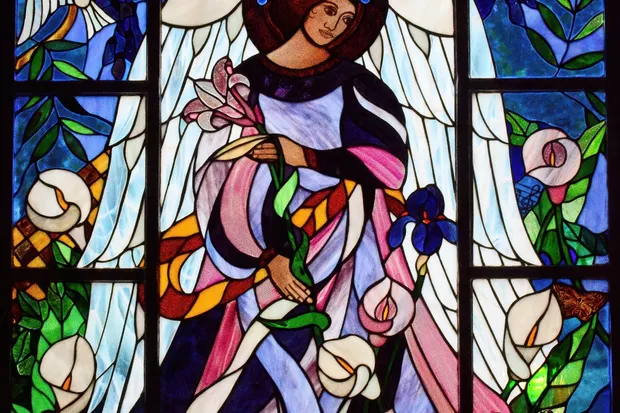From the Junior School head's desk: 28 October 2022
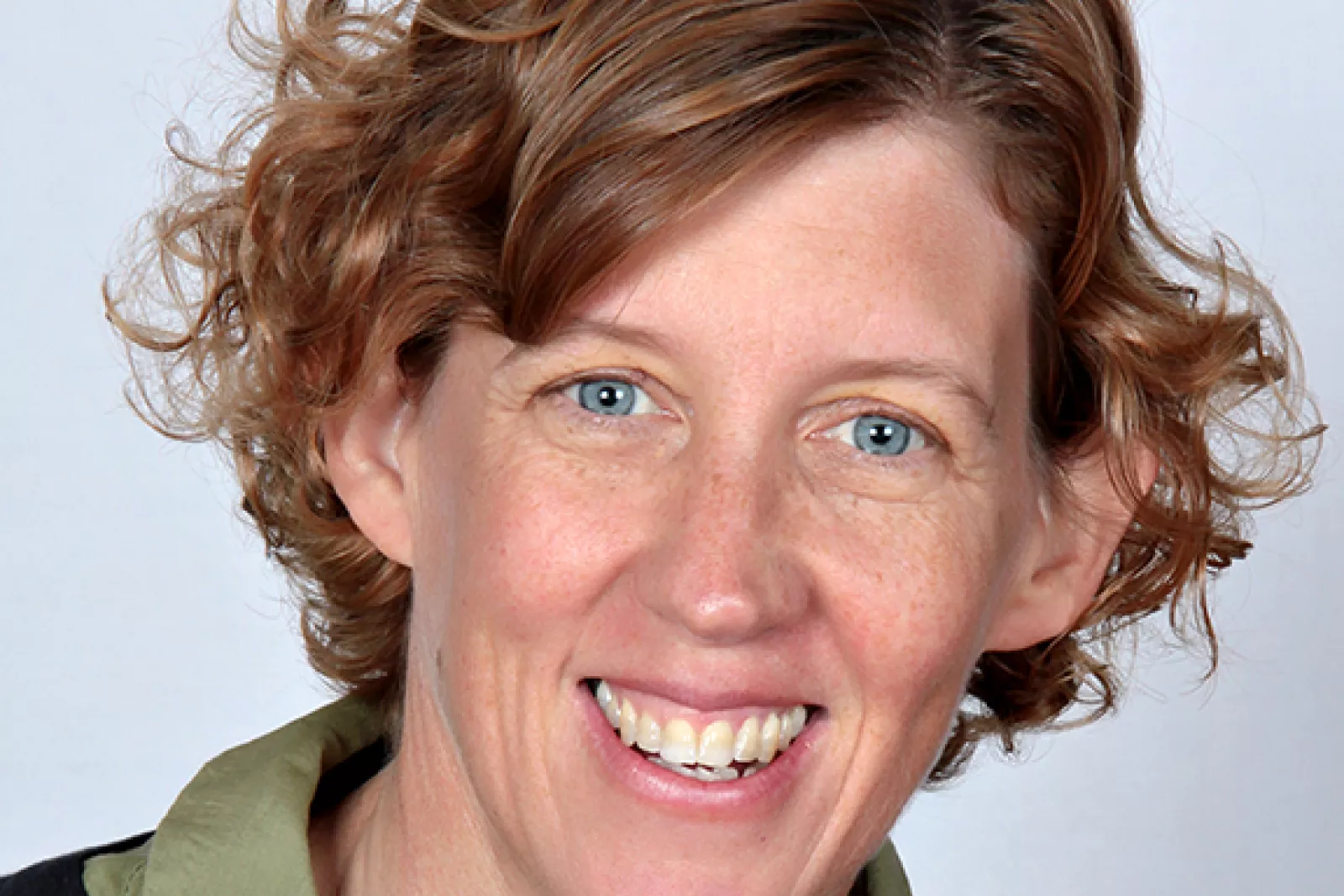
Over the next few weeks, the Junior School teachers, from Little Saints to Grade 7 attend care and concern meetings to discuss your child’s progress and wellbeing, the older girls write summative assessments, and the staff draft end-of-year reports and choreograph and host valedictory assemblies. We also welcome new families to the Junior School, give our Grade 6 girls an opportunity to spend a morning in the Senior School, and prepare all our children “to boldly go” (the famous split infinitive given to us by the television series Star Trek) into a new grade.
In addition to celebrating the year that has been, the ritual of saying goodbye and moving on inevitably brings with it some uncomfortable reflections and a sense of regret. For some time now, it has been unfashionable to speak about regret; the common refrain, “no regrets” is brandished as the answer to living a life of vigour and conviction and embarking on a baggage-free, self-determined journey trained on forward motion. Australian singer-songwriter and author Nick Cave’s mild objection that regrets “require our attention. You have to do something with them” brings us up short: why must we pay attention to our regrets, and what must we do with them?
For the last few years, since 2018, we have included a Grade 7 speaker, or speakers on the programme for Celebration Evening. What this means is that the teachers, parents, and girls get to hear another voice at prizegiving, one that does not belong to an office bearer and that is somehow more “unlicensed” than the adult ones surrounding it. Of course, the girls receive guidance on their speeches, and they have experience addressing an audience; as you would know from watching the play, many of them are accomplished performers who are comfortable and confident on a stage.
As preparation for writing the speech, the girls discuss what it means to say goodbye, the importance of acknowledging the people who have walked alongside them, the need to balance thoughtful reflection and humour in their account, and the art of telling their story. While they might know how to identify what they like and don’t like (years of exposure to social media, I assume), understand the importance of gratitude, and, in many cases, the delicate decision of what to leave unsaid, they are mostly unsure of how to tell their story.
Without wanting to underplay the complexity of the girls’ task – speaking to an audience that consists of their peers, their teachers, and their parents – I think part of their difficulty relates directly to the idea of regrets and what we do with them. Despite the popular discourse on the value of making mistakes, learning from them, and being adaptable, I am not sure we have given the girls permission or shown them how to speak about their experiences of growing up at school in all its wonderful and wild ambivalence.
They are happy to recount moments of collective uncertainty or mixed feelings (first days of school, changing grades, new encounters), but in general they shrink from identifying and retailing instances where they misread a situation, took a wrong turn, or, worst of all, changed their minds.
As a consequence, we miss out on the particular texture of the tale, the bumps, grooves and folds in the narrative that kept them, thankfully, from travelling in a straight line. My wish is that the more practice we give our girls at paying attention to their regrets and doing something with them – telling their story, in full – the more content we can be to stand back as “the little girl [zooms past] on her little bicycle, this fierce emissary of the future, rainbow tassels waving from her handlebars and a hundred beaded braids spilling from her golden helmet.” (Maria Popova) Just watch her go…
SARAH WARNER
JUNIOR SCHOOL HEADMISTRESS
Related News
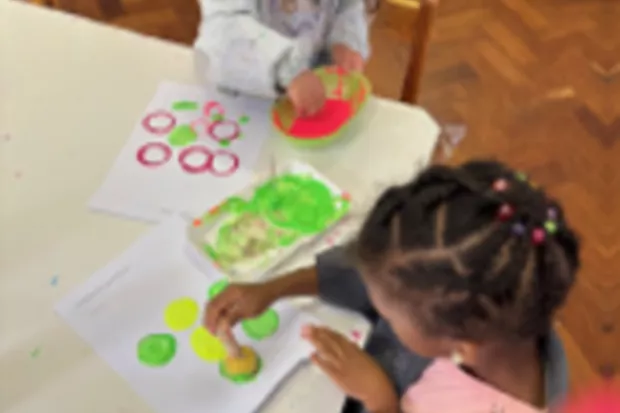
Little Saints News
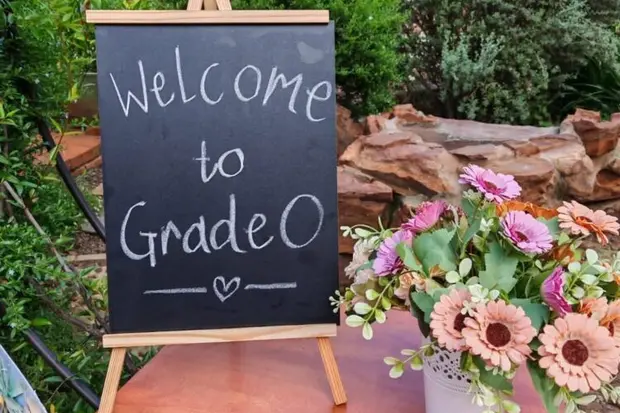
Grade 0 News
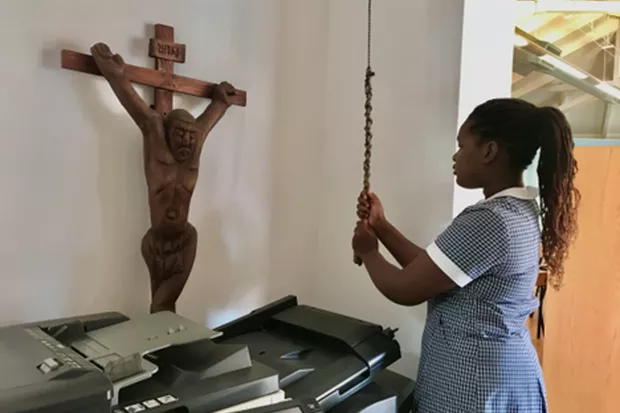
Grade 7 News
